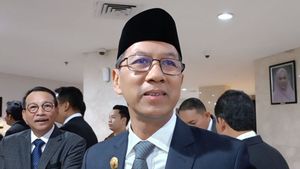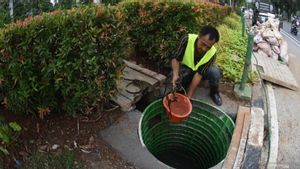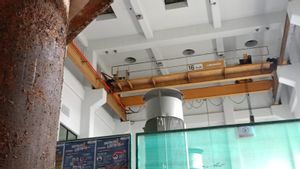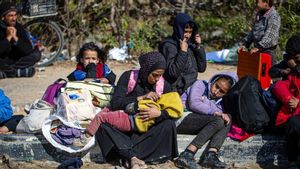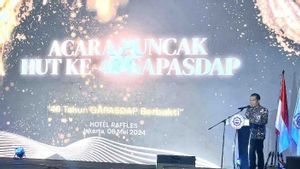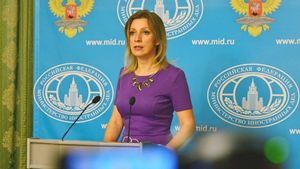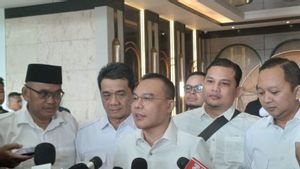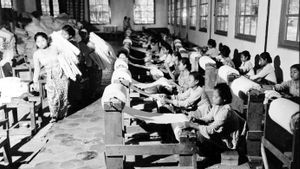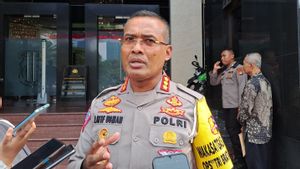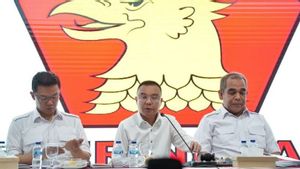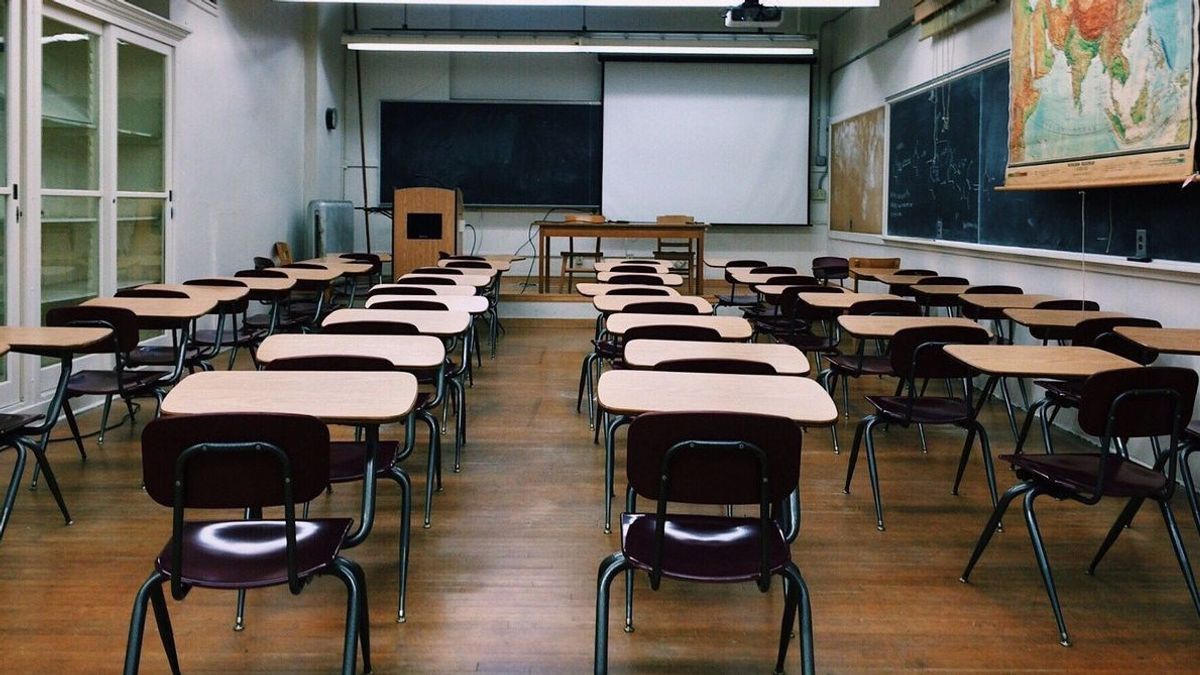
JAKARTA - Acting Governor of DKI Jakarta Heru Budi Hartono emphasized that the government used data matching from various sources to determine the list of recipients of social assistance, including the Jakarta Superior Student Card (KJMU).
This is in response to the many complaints of students who were dropped from the list of recipients of KJMU assistance. Heru said that the social-economic state data of the community was also matched with data on ownership of assets and motorized vehicles.
"In DKI Jakarta, data can be linked at Bapenda (Regional Revenue Agency), vehicle data, home data, asset data. KJMU is for people who can't afford it, we give it to him," said Heru at DKI Jakarta City Hall, Wednesday, March 6.
Often, in data synchronization, Heru said that the DKI Provincial Government found residents who were listed as underprivileged families, but had motorized vehicles at the age of a capable family. They were eventually removed from the poor category.
"If the data we link with tax data, vehicle data, he owns a vehicle, and he is a capable person, can we provide assistance?" said Heru.
Not to mention, Heru admitted that the DKI Provincial Government has limited budget to distribute aid funds. "Even though this fund is limited, we can provide assistance to people who are not able to afford it, which is indeed data-worthy," he continued.
Heru admitted that there was indeed a change in the data on KJMU recipients phase 1 of 2024 because of the new mechanism in the use of data sources.
One of the data sources in question is the Integrated Social Welfare Data (DTKS) as of February and November 2022, as well as as as of January and December 2023 which were approved by the Ministry of Social Affairs. The synchronization of data on ownership of assets and vehicles is also included in the DTKS update.
"Data from the DKI Regional Government is of course in sync with data from the Ministry of Social Affairs. We put it out. So, the DTKS data on the Jakarta database is from DKI as a result of community rembugs. That is included, combined with DTKS," said Heru.
The data, continued Heru, was then matched with data from the Socio-Economic Registration (Regsosek) issued by the Ministry of National Development Planning/National Development Planning Agency (Bappenas).
The matching of DTKS with Regsosek is carried out to find out the ranking of welfare (desil). The decil categories that are still included in the criteria as recipients of educational assistance are very poor (desil 1), poor (desil 2), almost poor (desil 3), and vulnerable to poverty (desil 4).
Meanwhile, KJMU recipient students who are now stipulated to be included in the decile category 5 to 10 or who are considered to be able to be removed from the list of recipients of social assistance for education costs.
"Entering DTKS, it will be immediately matched again with Regsosek data. Well, that is the guide for all of us to take a policy," explained Heru.
For information, KJMU's education assistance was first launched in 2019 by former DKI Jakarta Governor Anies Baswedan. KJMU recipient students receive assistance of IDR 9,000,000 per semester.
SEE ALSO:
The English, Chinese, Japanese, Arabic, and French versions are automatically generated by the AI. So there may still be inaccuracies in translating, please always see Indonesian as our main language. (system supported by DigitalSiber.id)


